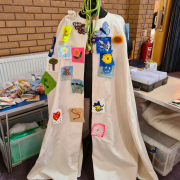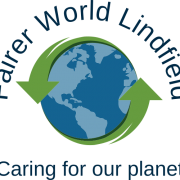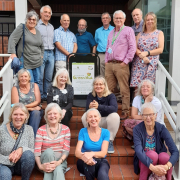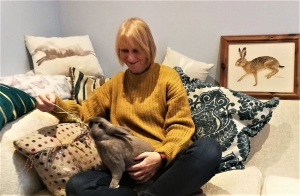
As the time of seasonal exchange of presents approaches, many people may be considering gifting an animal.
The number of dogs and cats in the UK has shot up to 12 million of each. They undoubtedly make great pets and bring enormous pleasure but these large numbers bring difficulties as well as delights. The UK is now one of the most nature depleted countries in the world, as anyone over 50 will attest. From rockpools and meadows brimming with life we are now thrilled by a single butterfly.
According to the RSPB, UK cats catch around 100 million prey items every year. I’ve lost count of the number of nests raided by cats in my own small garden. Nestlings are particularly vulnerable as they can’t escape a cat, even one with a bell round its neck. Similarly, ground nesting birds’ nests are innocently destroyed every spring by dogs off leads.
So what can be done?
In Australia in 2015 cats were reported killing 75 million native animals per DAY so many towns now have cat curfews, outside of which stray cats can be shot. I’m not suggesting anything this extreme, but I wonder if cats in the UK could be sold with a “conservation rating”, similar to an energy rating on a washing machine? The rag doll breed, for example, has little killer instinct and doesn’t roam far. Many cat owners are horrified at the destruction their cats inflict and pet shops could inform customers of the cat’s likely potential to kill. Animals sold with a conservation rating could help customers choose the right one – similar to the way we might choose allergy-free dogs! Read more
 I recently completed a Carbon Literacy course with the Scottish Community Climate Action Network (SCCAN) who produce some excellent teaching resources. They focus on actions we can all take and as a result and based on a Scottish idea, I made an enquiry about the possibility of a formal car-sharing scheme at Horsham Rugby Club.
I recently completed a Carbon Literacy course with the Scottish Community Climate Action Network (SCCAN) who produce some excellent teaching resources. They focus on actions we can all take and as a result and based on a Scottish idea, I made an enquiry about the possibility of a formal car-sharing scheme at Horsham Rugby Club.

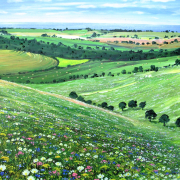
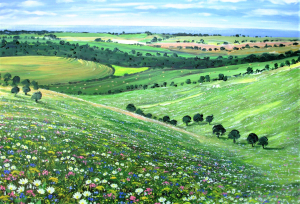
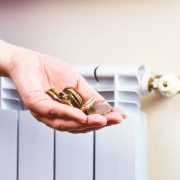
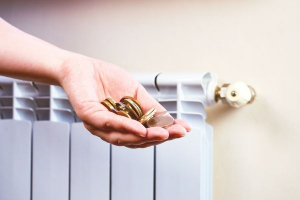
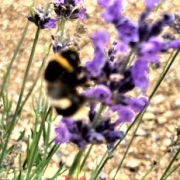
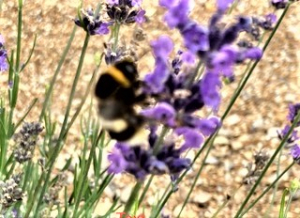 When I was invited to write an article on my experience with bumble bees, this title came to mind. I like to think it’s part of Christopher Bollas’s ‘unthought known’ territory – something you’ve carried around in your mind without ever really realising it. And as it turns out, the phrase is rather apt: Darwin referred to them as the ‘hum bee’ – because they ‘hummed’.
When I was invited to write an article on my experience with bumble bees, this title came to mind. I like to think it’s part of Christopher Bollas’s ‘unthought known’ territory – something you’ve carried around in your mind without ever really realising it. And as it turns out, the phrase is rather apt: Darwin referred to them as the ‘hum bee’ – because they ‘hummed’.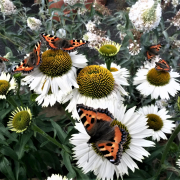
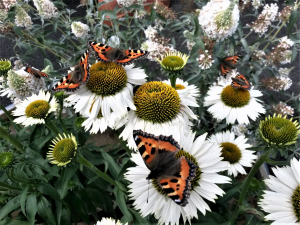

 2022 marks 50 years since the conference which led to the designation of 5th June as World Environment Day. ‘Only One Earth’ was the motto for the 1972 Stockholm Conference and half a century later, do we doubt that this planet is our only home, whose finite resources are running out?
2022 marks 50 years since the conference which led to the designation of 5th June as World Environment Day. ‘Only One Earth’ was the motto for the 1972 Stockholm Conference and half a century later, do we doubt that this planet is our only home, whose finite resources are running out?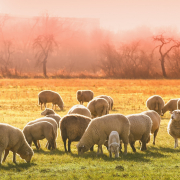
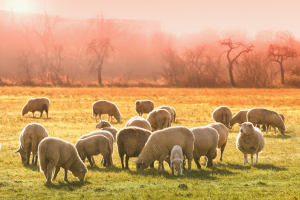 Don’t we all love to see spring lambs in wildflower meadows, and sheep in green fields?
Don’t we all love to see spring lambs in wildflower meadows, and sheep in green fields?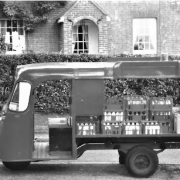
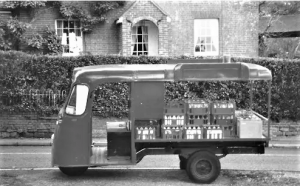
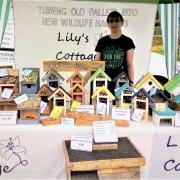
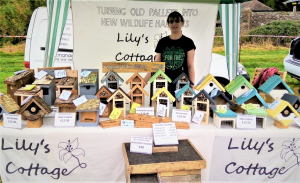




 Last month London Fashion week was held. There’ll be another in June.
Last month London Fashion week was held. There’ll be another in June.
